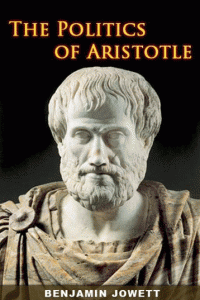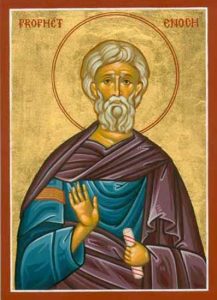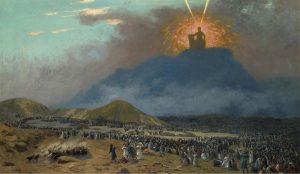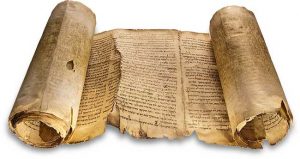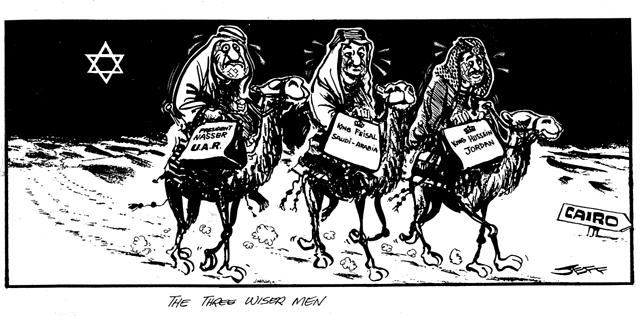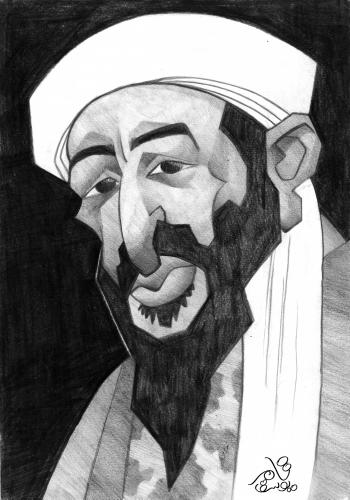| Continuing my series on Plato and the Creation of the Hebrew Bible by Russell Gmirkin in which it is argued that the Pentateuch owes a heavy debt to the Greek philosophical and political writings of the Greeks located in the Great Library of Alexandria.
Previous posts:
|
.
The Law of Moses placed limitations on the king that are “without parallel in the ancient Near East. Nowhere do we find legal curbs on the size of the military, the treasury, and the harem.” (Berman, 53) From the law in Deuteronomy 17:14-20 we learn that:
Deuteronomy 17:14-20
When you enter the land
that Yhwh your God is giving you, and you possess it and settle in it, should you say:
I will set over me a king
like all the nations that are around me—
you may set, yes, set over you a king that Yhwh your God chooses;
from among your brothers you may set over you a king, you may not place over you a foreign man who is not a brother-person to you.
Only:
he is not to multiply horses for himself,
and he is not to return the people to Egypt in order to multiply horses, since Yhwh has said to you: You will never return that way again!
And he is not to multiply wives for himself, that his heart not be turned-aside,
and silver or gold he is not to multiply for himself to excess.
But it shall be:
when he sits on the throne of his kingdom, he is to write himself a copy of this Instruction in a document, before the presence of [or, that is in the charge of] Levitical priests.
It is to remain beside him, he is to read out of it all the days of his life, in order that he may learn to have-awe-for Yhwh his God, to be-careful concerning all the words of this Instruction and these laws, to observe them,
that his heart not be raised above his brothers, that he not turn-aside from what-is-commanded, to the right or to the left;
in order that he may prolong (his) days over his kingdom, he and his sons, in the midst of Israel.
- The King was to be elected by an assembly of the citizens
- The King was subject to written laws that had been prepared by the priests
That is remarkable enough. But elsewhere in Deuteronomy we find other powers that your typical ancient Near Eastern king assigned to others so that according to the same book of law the king had
- no judicial powers; he was not even the judge of final appeals
- no religious function; he was not the guardian of the cult or temple
- no military role, not even in wartime
- no responsibility for economic relief of his subjects (e.g. debt remission, manumission)
(Levinson, 529)
All of this is quite unlike the kings we later read about in the history of Israel. Kings like David, Solomon, and their dynastic successors lived and ruled very much like the potentates of kingdoms and empires around them. But our interest here is the ideal king according to the Law of Moses.
The Greek world did know of such restrictions on kings, however.
Aristotle described various types of kingship including the elected and largely ceremonial office of the Athenian king, the Archon Basileus. Aristotle in fact counselled that the most stable monarchies were those with the least powers:
On the other hand it is clear that monarchies, speaking generally, are preserved in safety as a result of the opposite causes to those by which they are destroyed. But taking the different sorts of monarchy separately—royalties are preserved by bringing them into a more moderate form; for the fewer powers the kings have, the longer time the office in its entirety must last, for they themselves become less despotic and more equal to their subjects in temper, and their subjects envy them less. For this was the cause of the long persistence of the Molossian royalty, and that of Sparta has continued because the office was from the beginning divided into two halves, and because it was again limited in various ways by Theopompus, in particular by his instituting the office of the ephors to keep a check upon it; for by taking away some of the kings’ power he increased the permanence of the royal office, so that in a manner he did not make it less but greater. This indeed as the story goes is what he said in reply to his wife, when she asked if he felt no shame in bequeathing the royal power to his sons smaller than he had inherited it from his father: “Indeed I do not,” he is said to have answered, “for I hand it on more lasting.”
From the “classical era” on the Athenian Basileus assigned major cases to the appropriate courts; military leadership was a right assigned to another office, the Polemarch. He did maintain some religious duties and essentially his office was ceremonial.
Other Greek city states had variations of the kingship office: some were elected, others dynastic; some had two kings, others just the one and still others had a panel of kings; some had military and religious duties. In Cyrene the kings were at one point stripped of their military role.
Ancient Near Eastern kings were as far from any thought of being subject to written laws or the supervision of the priests as one can imagine. It was different among the Greeks, however.
The requirement that the duties of the king should be performed in strict conformity to written law is a characteristically Greek notion. The creation of a copy of the law for royal reference is strikingly reminiscent of the publication of Athenian laws at the Royal Stoa. (Gmirkin, 35)
Continue reading “The Inspiration for Israel’s Law of the Ideal King”

